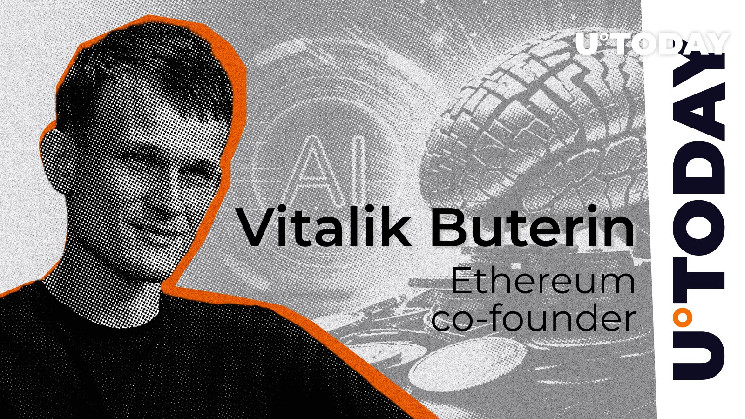Identity verification is a major concern in the era of artificial intelligence, which Vitalik Buterin, cofounder of Ethereum, recently brought to light in a post. Identity verification through traditional means is quickly going out of style as AI-generated deepfakes get more and more sophisticated.
The shared post highlights the impending dangers by showcasing an instance in which a deepfake is almost identical to the real human verification. Buterin emphasizes in his post the value of posing security questions that are based on common experiences that only the genuine person would be aware of.
By effectively mimicking a person's appearance and voice, AI deepfakes pose a threat that this method seeks to counter. It is challenging for AI-generated imposters to give precise answers to the suggested questions because they are personal and detailed.
It is not only personal identity verification that is at risk from the quick development of AI technology; security in a variety of industries is also affected. AI's potential to undermine established security measures is becoming more and more obvious as it develops.
AI has the potential to significantly disrupt a wide range of industries from hacking and producing superviruses to manipulating financial systems. Concern over how AI will affect security is on the rise especially as it gets more difficult to identify content created by AI.
This technological revolution calls for the revision of security guidelines and the creation of fresh tactics to fend off threats driven by artificial intelligence. Ethereum has been dealing with serious market difficulties in the meantime.
The price of ETH recently dropped dramatically below important support levels. A combination of institutional selling pressure and general market conditions has caused this decline, which has investors concerned. In line with the general mood on the cryptocurrency market, the chart depicts ETH plunging to about $2,356.
 u.today
u.today
